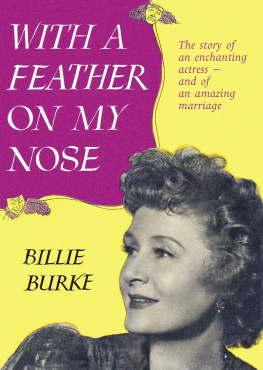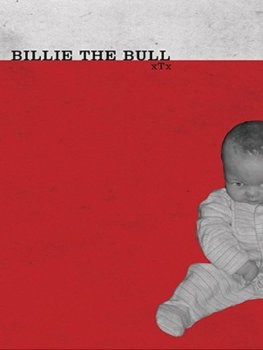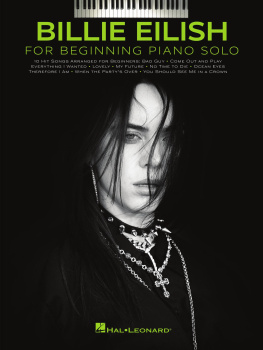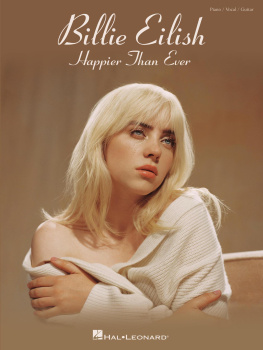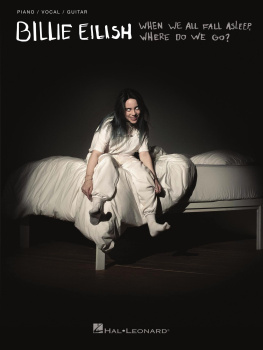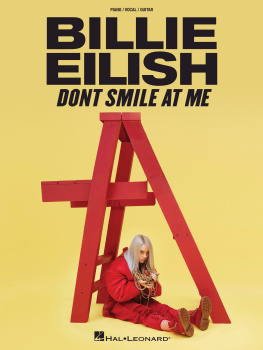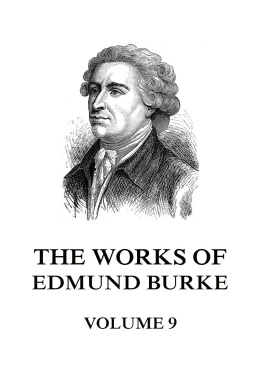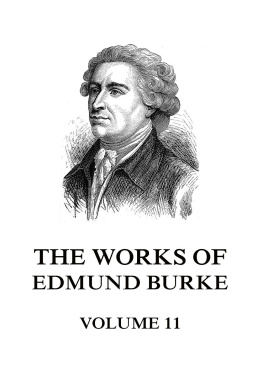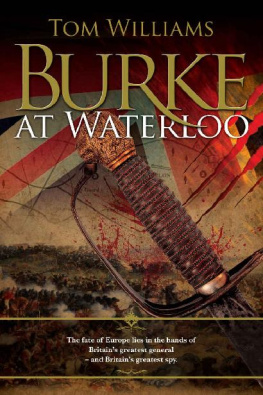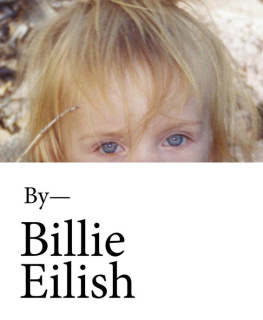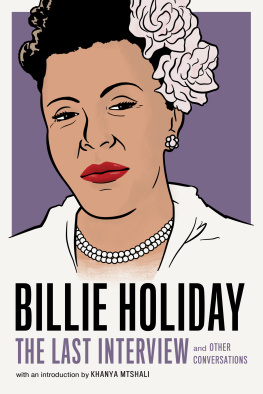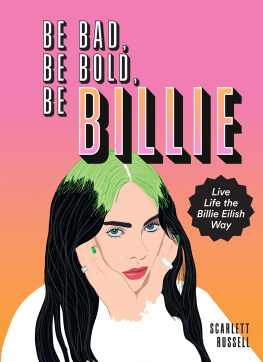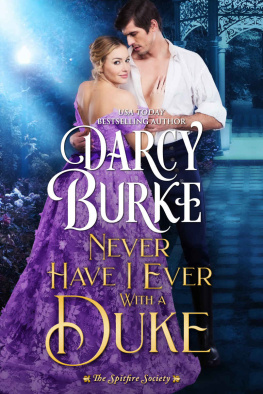Billie Burke - With a Feather on My Nose
Here you can read online Billie Burke - With a Feather on My Nose full text of the book (entire story) in english for free. Download pdf and epub, get meaning, cover and reviews about this ebook. year: 1948, publisher: Appleton-Century-Crofts, genre: Non-fiction. Description of the work, (preface) as well as reviews are available. Best literature library LitArk.com created for fans of good reading and offers a wide selection of genres:
Romance novel
Science fiction
Adventure
Detective
Science
History
Home and family
Prose
Art
Politics
Computer
Non-fiction
Religion
Business
Children
Humor
Choose a favorite category and find really read worthwhile books. Enjoy immersion in the world of imagination, feel the emotions of the characters or learn something new for yourself, make an fascinating discovery.
- Book:With a Feather on My Nose
- Author:
- Publisher:Appleton-Century-Crofts
- Genre:
- Year:1948
- Rating:3 / 5
- Favourites:Add to favourites
- Your mark:
- 60
- 1
- 2
- 3
- 4
- 5
With a Feather on My Nose: summary, description and annotation
We offer to read an annotation, description, summary or preface (depends on what the author of the book "With a Feather on My Nose" wrote himself). If you haven't found the necessary information about the book — write in the comments, we will try to find it.
With a Feather on My Nose — read online for free the complete book (whole text) full work
Below is the text of the book, divided by pages. System saving the place of the last page read, allows you to conveniently read the book "With a Feather on My Nose" online for free, without having to search again every time where you left off. Put a bookmark, and you can go to the page where you finished reading at any time.
Font size:
Interval:
Bookmark:
TABLE of CONTENTS
With a Feather on My Nose
by
BILLIE BURKE
With Cameron Shipp
Appleton-Century-Crofts, Inc. New York
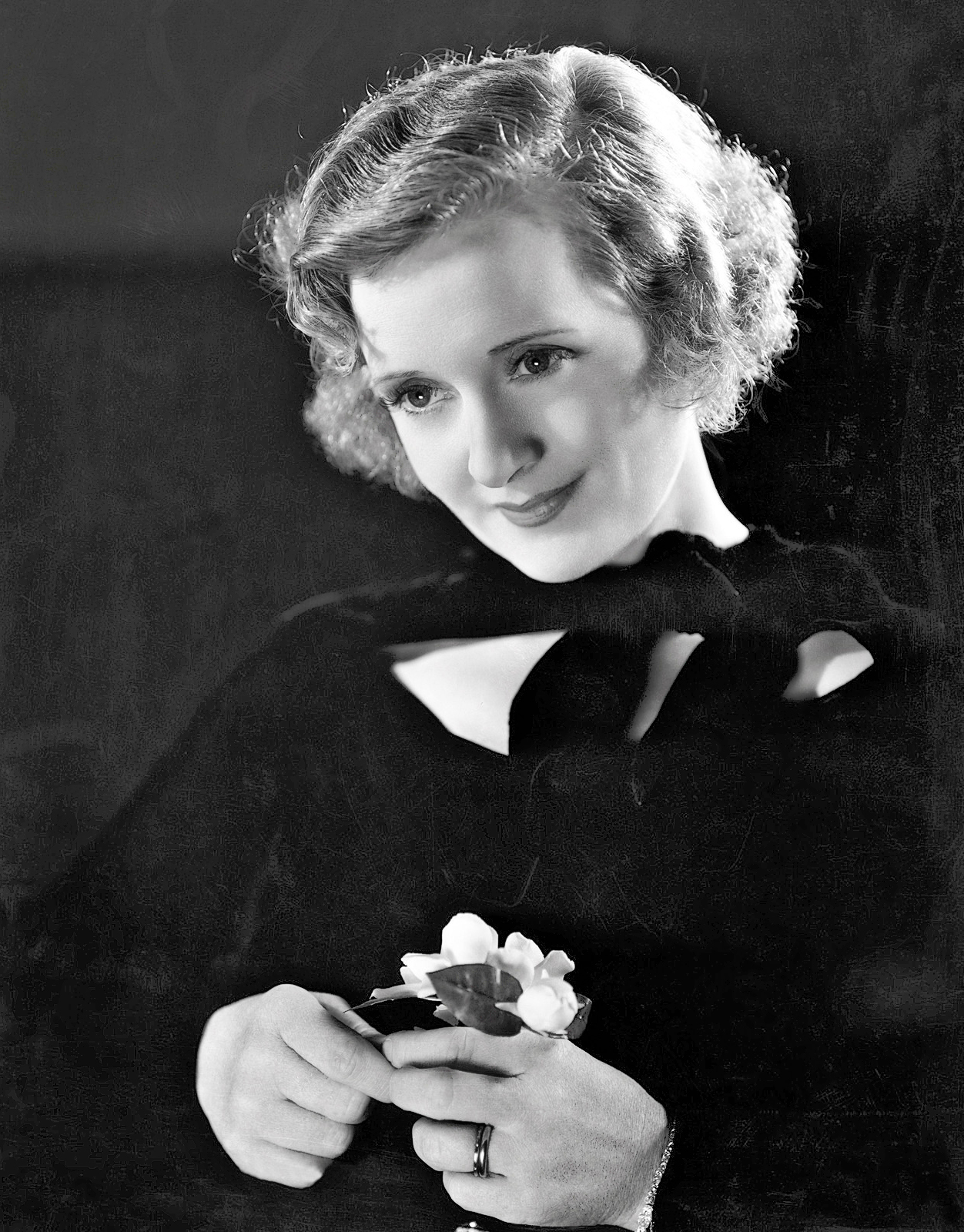
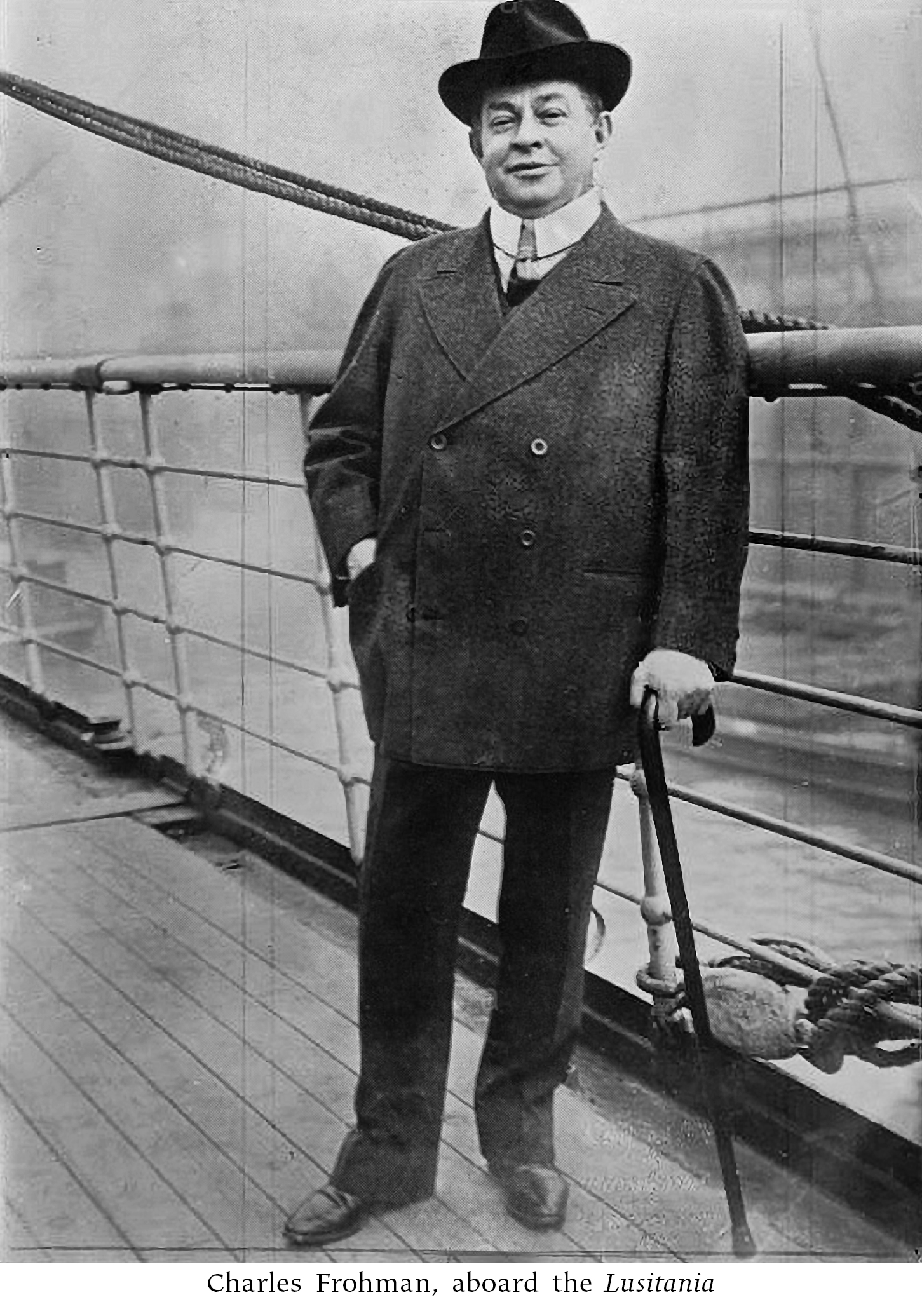
To
PATRICIA
AND
GEORGE CUKOR
- THE CLOWNS DAUGHTER
I could hear John Drew harrumphing through his dressing-room door at the Empire Theater, giving forth with those highly bred horsy noises which the Drew-Barrymore clan have so aristocratically made their own hallmark.
I stood outside, in my new leghorn hat with the lilacs on it, with my hair fluffed out behind, and my little lilac checked dress. With me was my new friend, Mr. Drews niece Ethel Barrymore, who had been sent to soothe the great man over the embarrassment of meeting a new leading lady with the impossibleabsolutely unheard-of!name of Billie Burke.
I have always been called Billie Burke, except for those eighteen improbable, glittering years when I was also Mrs. Florenz Ziegfeld, Jr. I find it a perfectly adequate name. Its an especially nice name for the skitter-witted ladies I play on the screen today, and it suits me too because I might as well confess here and now that I am not always saner than I seem.
We could hear Mr. Drew through the dressing-room door, as I was saying, and among his mutterings was the complaint that Charles Frohman would do anything so dreadful, absurd, and outrageous to him as give him a new leading lady named Billie Burke. A chorus girl name. Bound to be a bouncing British blonde with buck teeth.
Ethel grinned at me and I grinned back, unconcerned. Why, it didnt mean a thing. I was only twenty-one. I had come over from London to play a season in the provinces. I was fluffing my hair and preparing a theatrical smile for Mr. Drew when Ethel suddenly threw open the door.
Uncle Jack, she said in that wonderful throaty voice of hers, Uncle Jack, here is the little girl you are afraid of!
Uncle Jack turned and fixed me with his famous glare. I believe it is a fact that the Drews and the Barrymores were born with built-in glares and sound effects, which they can switch on and off, like the Signal Corps. Mr. Drew glared. Then he opened his eyes wide. He said, Why, come here, my dear child. And that was that, and that was how I started being an actress in New York.
I thought I had better explain about my name in the beginning because so many persons have asked me how I got it. Let me introduce myself properly: my whole name is Mary William Ethelbert Appleton Burke, I was born a few years ago, I have been an actress for quite a while, since Edward VII was King of England, and how do you do?
I acquired my full name, which certainly sounds as if it ought to wear a lorgnette, through a bit of ecclesiastical connivance with a British curate when I was twelve years old. This was the Rev. Samuel Kirshbaum, rector of St. Margarets, Westminster Abbey. He was a kind man and also a dazzlingly handsome man so naturally I wanted to please him. I told him the story of my father, who was a clown with Barnum & Baileys circus. His name was Billy Burke.
Billy Burke was a handsome clown. I am tempted to say a pretty clown, because he had a round, open, generous face with sparkling blue eyes, always shining, and beautiful bright red hair. He did not wear tramp clothes or make himself up to look ridiculous. Instead, he was impeccably costumed in white with a gorgeous white ruff around his neck, a chalk-white face, and a widely smiling pink mouth. Billy Burke was a singing clown. He sang in a strong, high baritone such songs as Brannigans Band, Dance with the Girl with the Hole in Her Stocking, Paddy Duffys Cart, and Clara Nolans Ball, and when he sang the trapeze artists sat carefully listening on their wires, the roustabouts gathered around the ring, and the brass band muted its harsh blare. And oh! how the girls listened to that man sing! He had the same effect that Sinatra and Bing Crosby have on the impressionable female today, and he was ever so much prettier.
My father was born in Knox County, Ohio, in 1844. When the first Burkes came to America I am not sure, but I gathered from Billywho always lived exuberantly in the present and seldom discussed the pastthat they came over from Ireland very early. I am certain they were not wealthy, and until my father came along, I doubt if they were distinguished.
Billy Burke first set out to be a chemist. I do not suppose he got very far with his scientific career for I find by consulting the records that he enlisted in the Union Army on August 11, 1862, as a drummer. He was eighteen years old at that time.
I also find that he fought in the Battle of Chickasaw Bayou, but although I bedeviled him as a child with that classic demand: Tell me about when you were a boy, Daddy, he seldom mentioned the Civil War, and he told me no stories about it. Possibly he disapproved of it. Possibly he wished to avoid offending my mother, whose people fought on the Confederate side. But more than likely Billy skipped the whole thing because he could not remember anything amusing about a war. He was discharged in St. Louis on April 4, 1863, on a surgeons certificate of disability, but as to that I know nothing at all. He never sat around like an old soldier predicting the weather by aches in his wounds.
At any rate, I do know that the study of chemistry palled on my father, and that his extrovert nature responded to the bravura of being a drummer boy. As a little girl, I used to imagine him bravely leading the Boys in Blue into battle, sounding a command to Charge! on orders from General Grant himself, and I always imagined him being killed in action, still bravely thumping his drum. How he could have perished almost thirty years before I was born was a question I never examined closely.
Billy Burkes hero was not a soldier but a clown named Dan Rice, who died at about the turn of the century, a derelict. Dan Rice was the most celebrated circus entertainer of his day. Probably he was the greatest clown that ever lived. He was accustomed to making, or losing, more than $100,000 a year as a circus owner, and as a performer his salary was $35,000. He started as a jockey, became a professional strong man, and wound up as a clown, a Shakespearian jester who would exchange witticisms with the audience and answer any questions with apt quotations from the Old Bard of Avon.
Dan Rice undoubtedly made an enormous impression on my father. To some extent, he modeled his clowning after him, and the habit of quoting Shakespeare followed him all his life. I doubt if Billy Burke ever excused himself to run down to the tobacco shop without avaunting in Elizabethan terms. Once I heard him astonish a real-estate man with a noble recitation from Julius Caesar, Act III , beginning See what a rent the envious Casca made, and on another occasion, when my express wagon overturned as he pulled me down a London side street, the neighborhood was treated to:
O! what a fall there was, my countrymen;
Then I, and you, and all of us fell down,
Whilst bloody treason flourishd over us.
It is quite possible that Charles Chaplin and others can quote a few lines from the classics, but I suggest as an understatement that few of our entertainers today are either pundits or poets.
There were some special clowns in my fathers day, and I want to say a word about them. I do not mean the ordinary, run-of-the-circus Joey, the red-nosed, pantalooned tramps who scamper around the ring as a stopgap between numbers. In the seventies and the eighties and, indeed, for some time after that, clowns were the aristocrats of the circus. And the
Next pageFont size:
Interval:
Bookmark:
Similar books «With a Feather on My Nose»
Look at similar books to With a Feather on My Nose. We have selected literature similar in name and meaning in the hope of providing readers with more options to find new, interesting, not yet read works.
Discussion, reviews of the book With a Feather on My Nose and just readers' own opinions. Leave your comments, write what you think about the work, its meaning or the main characters. Specify what exactly you liked and what you didn't like, and why you think so.

